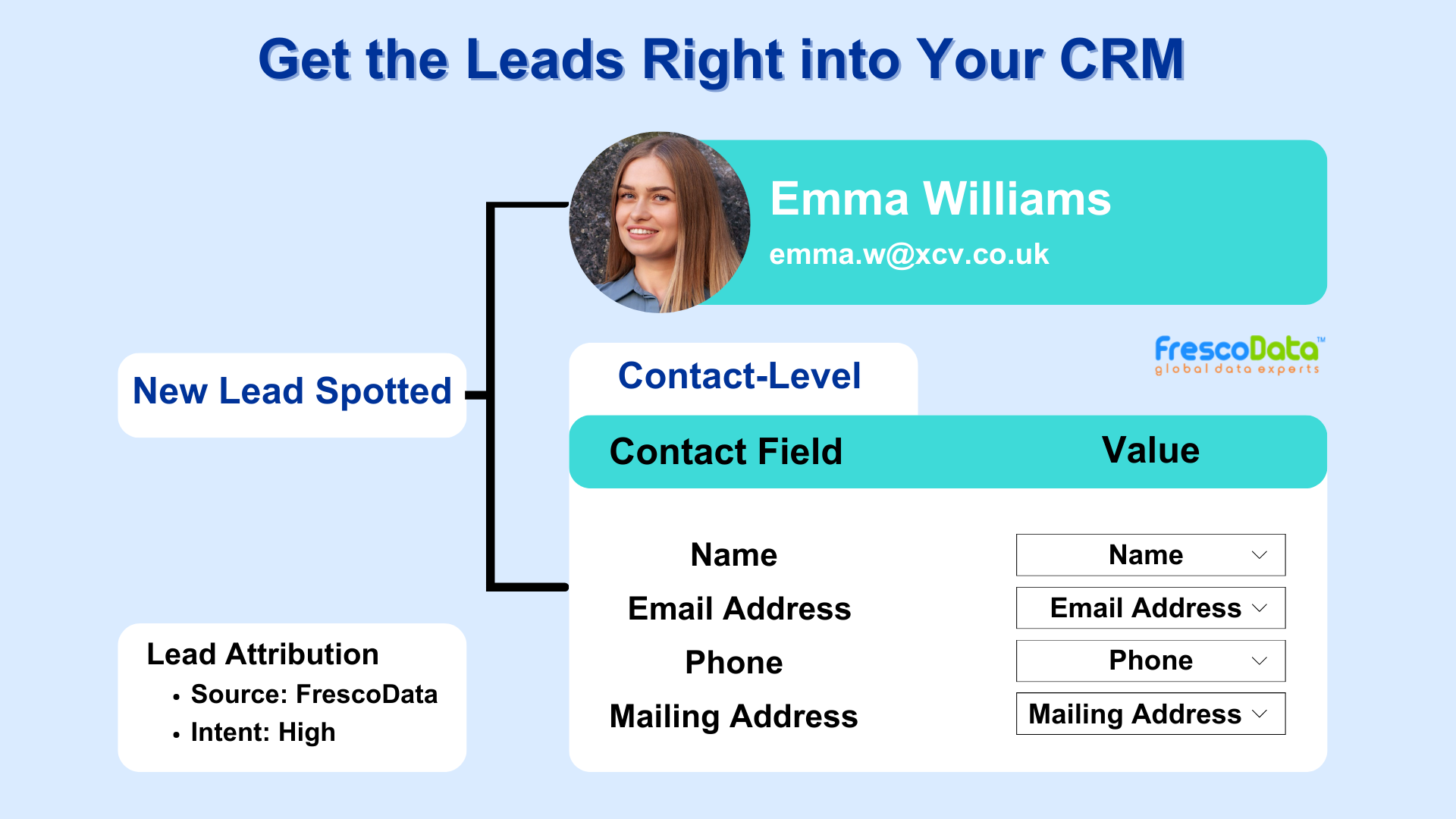List Marketing in the US: Myths and Facts

List Marketing
In the ever-changing email marketing landscape, there are serious legal, practical, and ethical issues that need to be addressed. When you don’t take proper measures to address these issues, you could end up with a damaged reputation and fines of up to $1 million or a jail term of up to 5 years.
In our post, we briefly explain data laws in the US and why those rules matter. Below mentioned data laws can help your business earn the trust of your customers as a spam-free and responsible brand.
-
CAN-SPAM ACT & OPT-IN PERMISSION
It is a common misconception that the CAN-SPAM Act does not allow commercial email messages to be sent to anyone without their permission. This is linked to another common misconception that one should refrain from using opt-in mailing lists.
In reality, under the CAN-SPAM Act, marketers can send email messages with the primary purpose of promotion, advertisement of a commercial product or service to anyone, without prior permission, until the recipient requests to opt-out. The data law also makes it okay to use opt-in email lists.
-
OPT-OUT REQUESTS & UNSUBSCRIBING
The sender must make opt-out (or unsubscribe) as easy as possible for the recipient. In every email message, one must include clear opt-in instructions. Subscribers should not be charged a fee in order to get access to opt-out preferences. Similarly, they cannot be required to visit a web page to opt-out from receiving email messages from the sender or take any further steps other than sending a reply email message.
Most importantly, the sender must honor the request within 10 business days. Once the sender has removed them from the email list, they are not allowed to sell or transfer data to anyone else, apart from the company that they’ve hired to receive assistance with CAN-SPAM Act compliance.
-
EMAIL MESSAGE LABELING & SENDER IDENTITY
The CAN-SPAM Act forbids misleading header information or open relay abuse. Similarly, the sender cannot use multiple email addresses for the sole purpose of spamming and harvesting addresses.
US data laws using misleading subject line about the matter of the message. If it is an advertisement, the sender needs to let the customer know that it’s an advertisement message.
-
LEGITIMATE CONTACT INFORMATION
Each email message must contact a legitimate physical postal address of the email sender. The person or business sending the email message can include a private mailbox or registered post office box to offer another way for their recipients to opt-out of emails.
-
CAN-SPAM ACT FINES
CAN-SPAM Act is liable for a fine of up to $16,000 per email violation.





